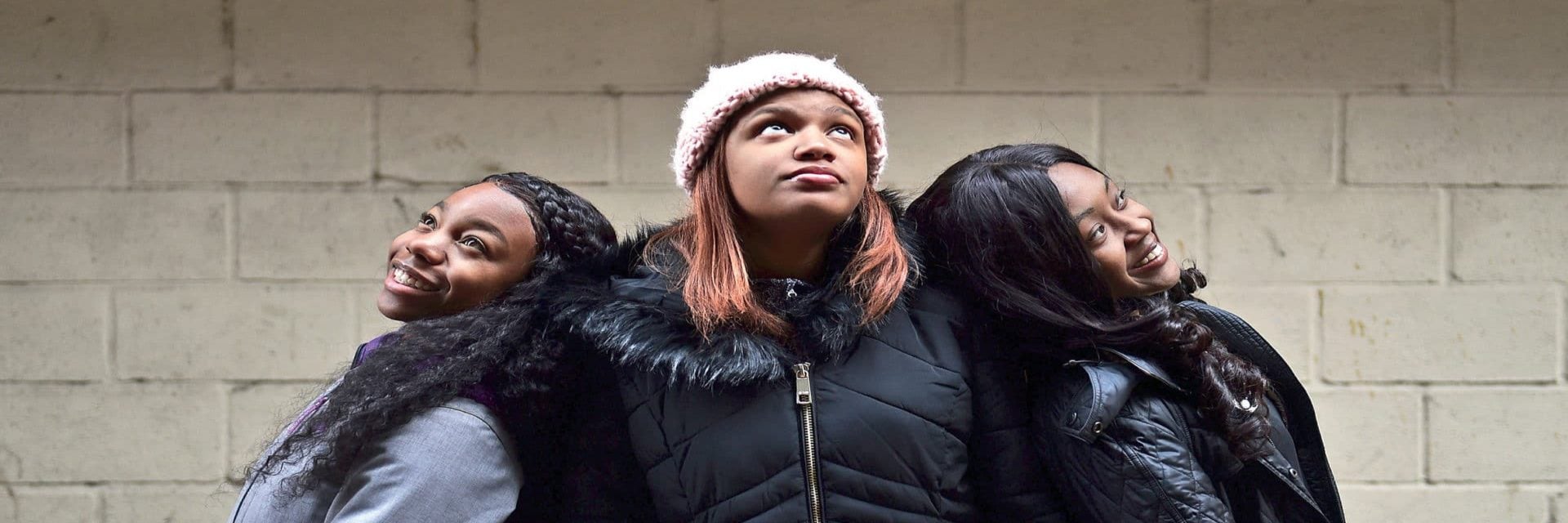Teenagers Mikayla Sharrieff, India Skinner, and Bria Snell were just babies when initial reports of lead-contaminated water in the D.C. area first surfaced in 2001. Still, when the ladies are asked if they would sip from their school’s water fountains today, the question is met with a resounding no.
“I don’t trust it,” Snell admits.
Elevated levels of lead in the district’s water have plagued the city for nearly two decades, and until recently, many of the fountains that line the hallways of Benjamin Banneker Academic High School were unsafe to drink from.
Spurred by growing concerns over tainted water in public schools across the nation, the budding STEM (science, technology, engineering and math) stars banded together last year to create a water-purifying system using a filtration jar that removes chlorine, lead, and copper as well as other impurities that can be harmful to one’s health.
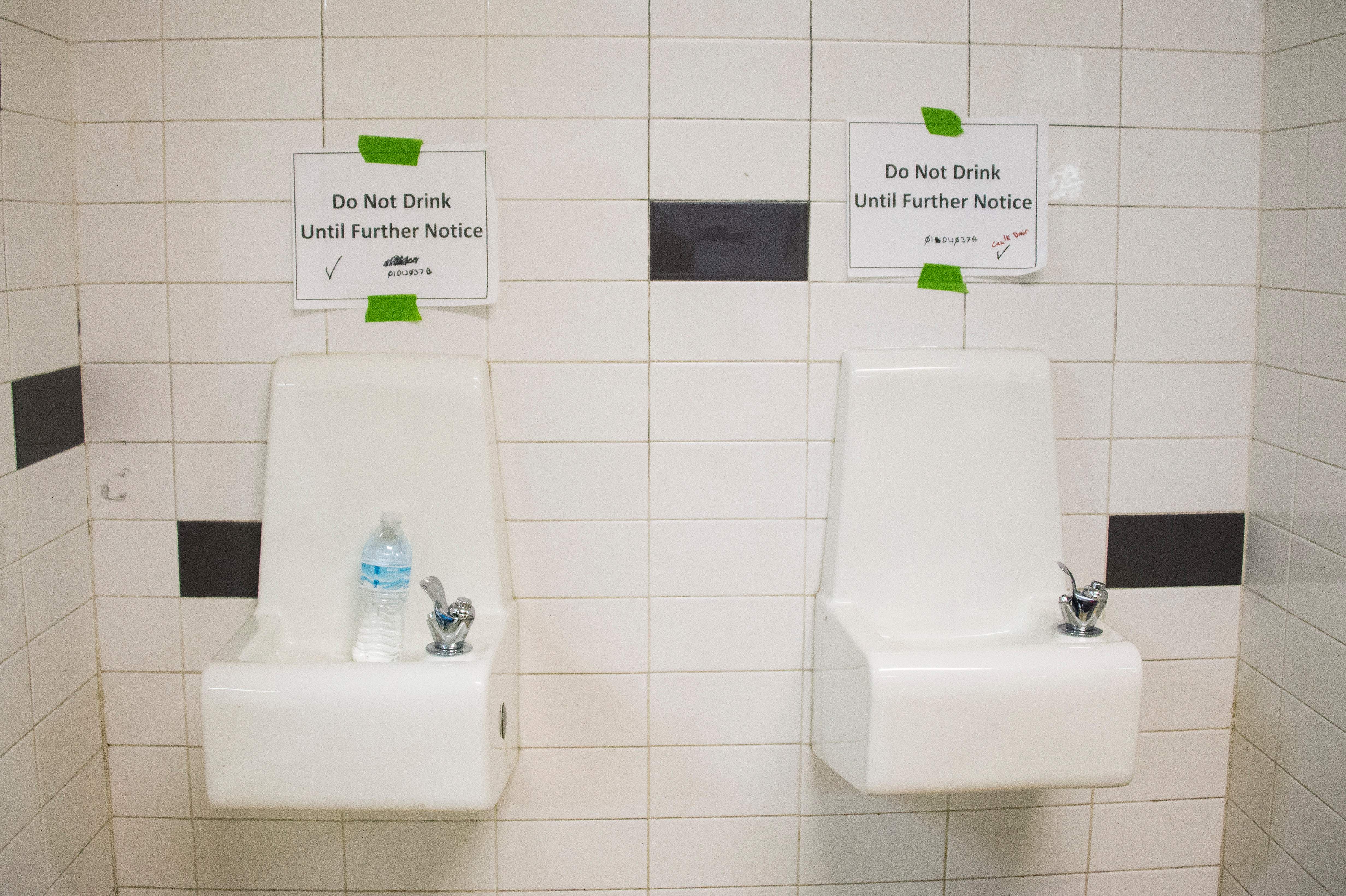
“We wanted to focus on an issue that would not only benefit our community but also those outside of our community,” Sharrieff says.
The experiment, titled From H2NO to H20, was birthed at the Inclusive Innovation Incubator, located at the edge of Howard University’s campus, with help from mentor Marissa Jennings. The project qualified the trio as finalists in NASA’s Goddard OPSPARC Challenge last May. At the annual event, students are given a chance to compete for hands-on training from scientists and astronauts at the Goddard Space Flight Center in Greenbelt, Maryland. But before judges could offer their final competition tallies, racist hackers took to social media to accuse the only all-Black, all-female team of cheating.
“When I go out into the world, I’m a young Black woman, and I’m smart and intelligent, and my caliber is equal to that of any White man or White woman,” says Skinner. “I recognize that some people are intimidated by that.”
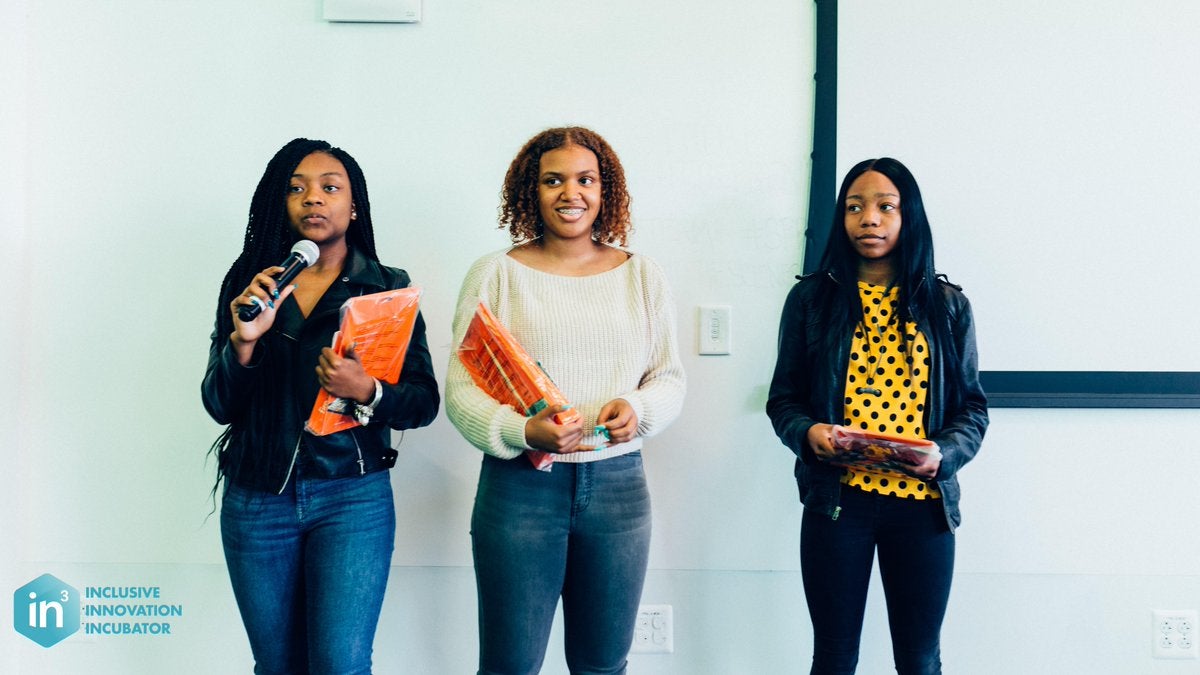
Despite the slight bump in the road, Sharrieff, Skinner, and Snell, who go by the moniker S3, went on to place second in the prestigious event. “Not only did they deliver their STEM project well but they also executed in a space of crisis and used that [experience] to empower themselves,” Jennings proudly says of her mentees.
Since the recognition from NASA, S3 has collaborated on a water drive with Little Miss Flint, Mari Copeny, the 11-year-old activist fighting for clean water in her hometown. They’ve challenged U.S. Education Secretary Betsy DeVos to provide more resources for STEM education. They’ve participated in Microsoft’s annual hackathon and even worked with engineers at MIT on developing an improved version of their filtration system. Before wrapping up an eventful year, the college-bound buddies were named one of the ten changemakers who inspired Microsoft CEO Satya Nadella in 2018.
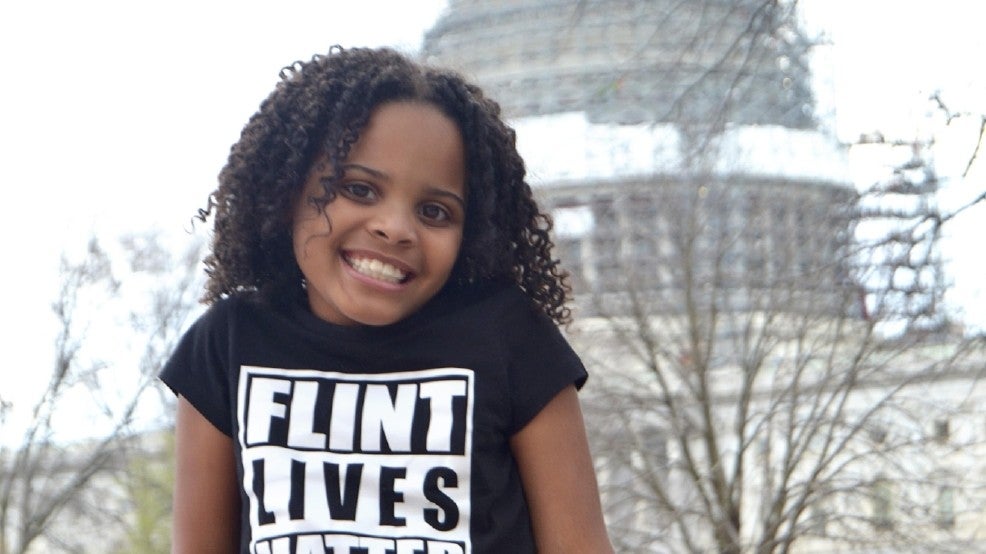
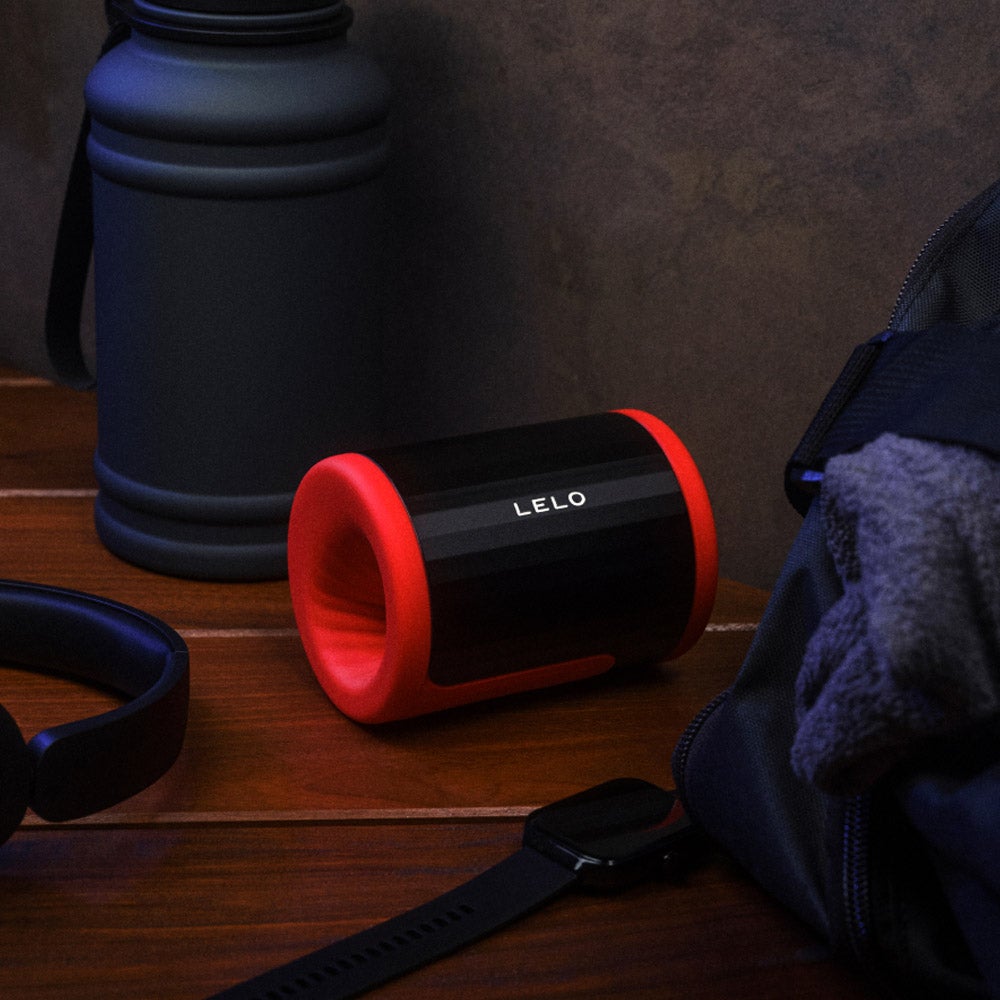

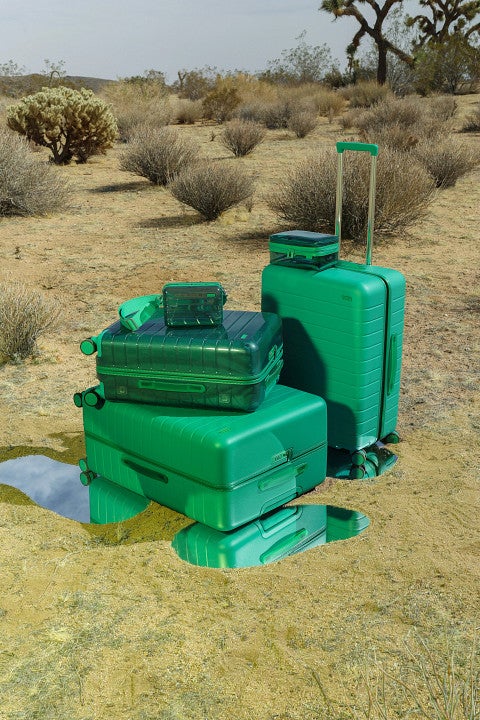


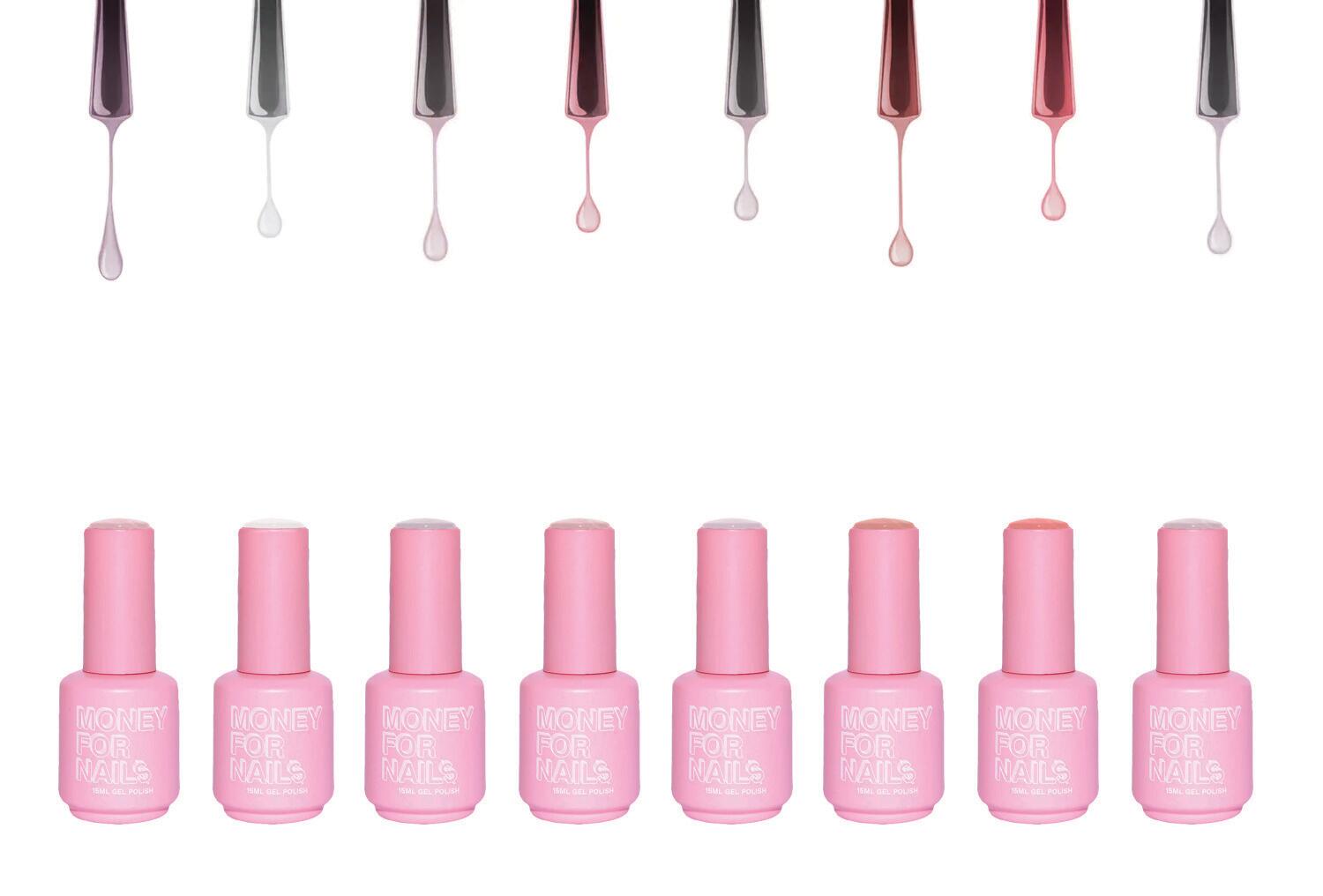
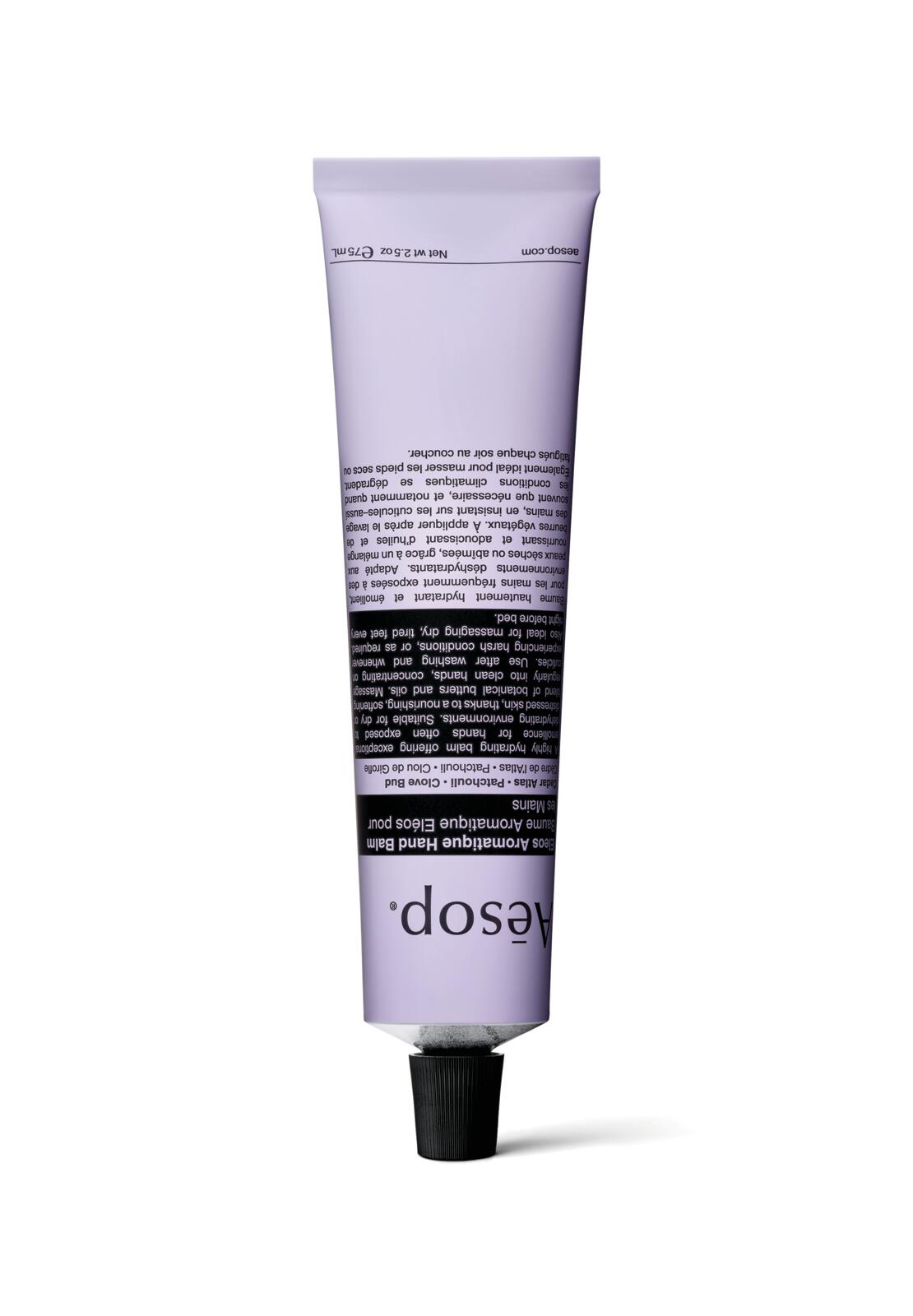
For the ladies, who’ve been friends since they were freshmen, 2019 is expected to be just as memorable as the year before. This semester they will undergo a virtual Google mentorship with Doll Avant, the founder and CEO of Aquagenuity, a platform and app that alerts users to the quality of their water.
The flourishing leaders are astute, driven and determined. While some may look at them as an exception, Jennings is quick to point out, “This is what young Black girls are today.”
—Additional reporting by Lisa Snowden-McCray
